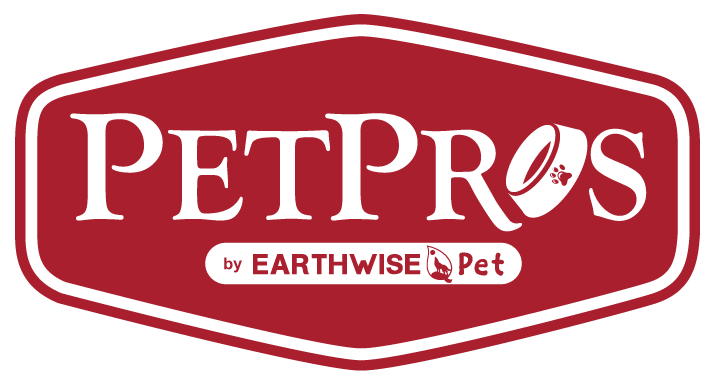
The following information concerns the recent data collection from the FDA concerning dilated cardiomyopathy, commonly referred to as DCM.
At Pet Pros your pet’s health is the most important thing to us. We take great care in selecting everything we put on our shelves and our goal is to help you keep your pet as healthy as they can be. Recently, the United States Federal Food and Drug Administration (FDA) released a statement about grain-free dog diets and the potential link to canine dilated cardiomyopathy (DCM) and there have been stories about this in the news. We know our pet-loving customers want to stay informed on topics of pet health so we would like to share some information with you to help you stay abreast of developments.
What is DCM?DCM is a condition that results in an enlarged heart. As the heart and its chambers become dilated, it becomes harder for the heart to pump, and heart valves may leak, leading to a buildup of fluids in the chest and abdomen. The definitive cause of canine DCM is the subject of debate, although a number of factors including nutritional, infectious, and genetic predisposition have been implicated. Golden Retrievers, Doberman Pinschers, Boxers and Great Danes are common breeds that are affected by DCM. The fact that canine DCM occurs at a higher incidence in specific breeds suggests a genetic component to this disease, although it is likely that it is caused by a combination of factors. The latest FDA update on this concerning issue continues to state, “Based on the data collected and analyzed thus far, the agency believes that the potential association between diet and DCM in dogs is a complex issue that may involve multiple factors.”
Why is DCM suddenly in the news?Recently, there has been an increase in DCM cases in breeds that are not genetically predisposed. Some of these dogs have been deficient in blood levels of taurine while others have had normal levels. The FDA reported that 560 dogs have been diagnosed with DCM from January 2014 to April 30, 2019, with the majority of these cases reported from July 2018 to April 30, 2019. To put this issue into proper context, the American Veterinary Medical Association estimates that there are 77 million pet dogs in the United States. We understand statistics do not matter to anyone who has a sick pup and our hearts go out to anyone with a dog suffering from DCM. However, 560 dogs is a small fraction (.0000007%) of the 77 million dogs in the USA.
Why are DCM and grain free dog diets linked?As the FDA gathers data about dogs with DCM, they are tracking diets. While these dogs have been eating a wide variety of dog foods, many were eating grain-free diets that included legumes. It is known that taurine deficiency can cause DCM, so they are researching whether or not legumes may have an effect on taurine absorption.
What does taurine have to do with DCM?Low taurine levels are often linked to DCM. Taurine is an amino acid found in many meats but is not found in vegetables, legumes or grains. Taurine is not considered an essential nutrient for dogs (as it is for cats) because dogs can synthesize it (ie make it) in their bodies from other available amino acids. If low taurine levels are the cause of DCM, supplementing with taurine may help prevent or reverse the disease.
How do I find out if my dog has low taurine levels?Talk to your vet. Low taurine levels can be diagnosed with a simple blood test that your veterinarian can administer if you are concerned. Your vet can also check for signs of DCM. An echocardiogram (ultrasound of the heart) is the only way to definitely diagnose DCM. This can be done with a veterinary cardiologist.
Each dog is an individual with unique needs. We know you love your pet and want the best for them so if you have any concerns about your dog’s diet, stop by your neighborhood Pet Pros and one of our team members would be happy to answer questions or help you find the right combination of kibble, raw, freeze dried and healthy treats for your pet. And, as always, if your dog is experiencing any symptoms of illness, please see your veterinarian.
This issue is very complex and we will stay on top of it and let you know if there are any important updates.For additional reading: FDA Update to DCM Investigation-Primal Pet Foods Diet and Dilated Cardiomyopathy DCM in Dogs-Petcurean

